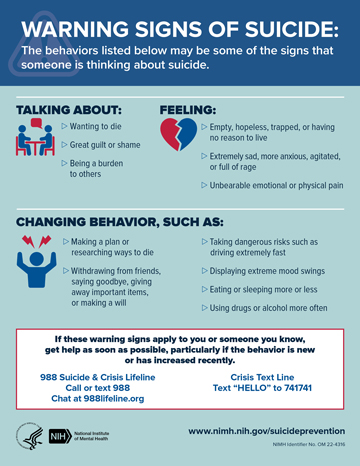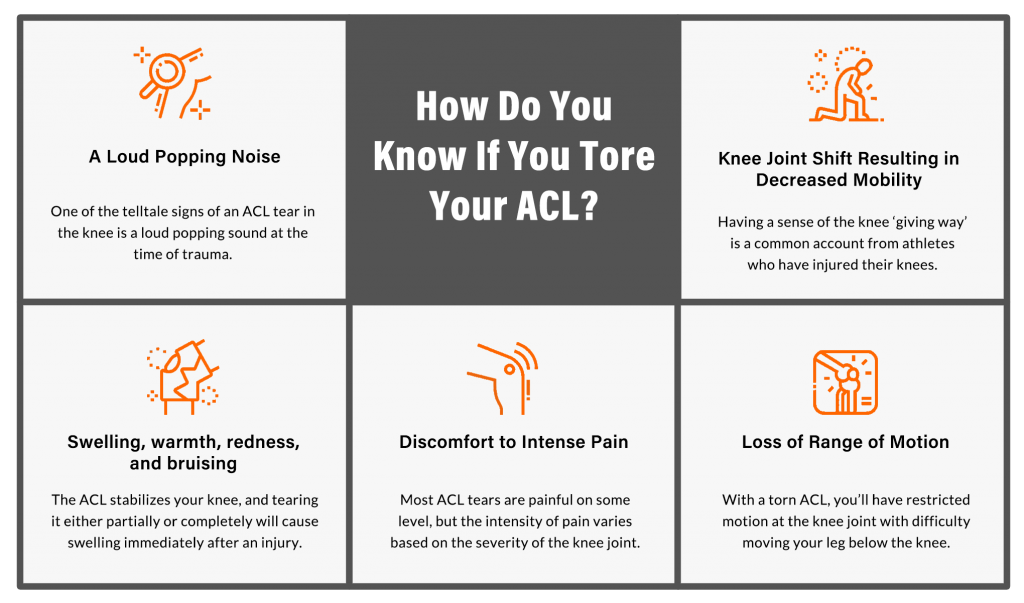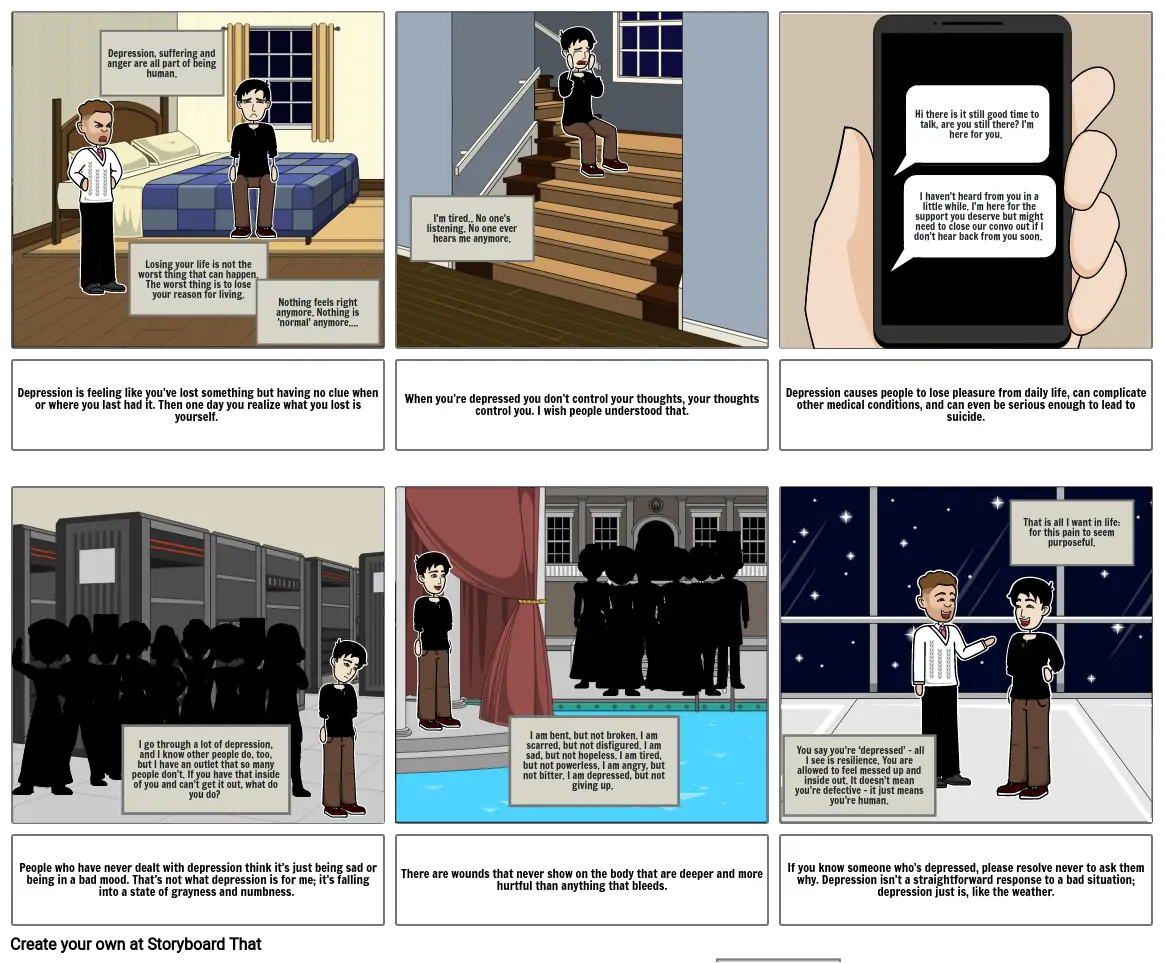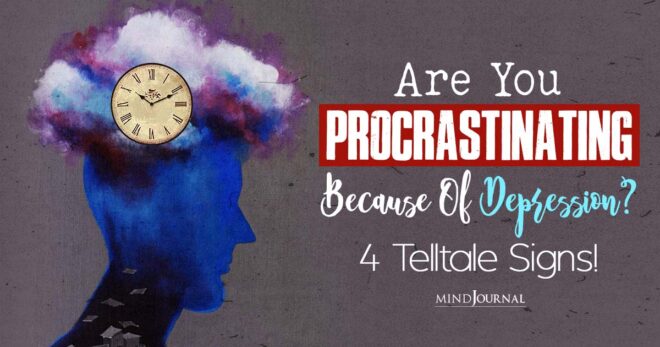What are the Signs of Depression? Discover the Telltale Clues!
Signs of depression include persistent sadness, loss of interest, changes in appetite, and sleep disturbances. Other signs are feelings of hopelessness, fatigue, and difficulty concentrating.
Depression may also lead to thoughts of self-harm or suicide. Depression is a serious mental health condition that affects millions of people worldwide. It can impact a person’s daily life, relationships, and overall well-being. Recognizing the signs and symptoms of depression is crucial for early intervention and effective treatment.
If you or someone you know is experiencing these signs, it is important to seek professional help and support. We will explore the various signs of depression, its causes, and available treatment options to help individuals navigate this challenging condition.

Credit: www.nimh.nih.gov
Understanding Depression
Depression is a mental health condition characterized by persistent sadness and loss of interest.
Types of depression include major depressive disorder, persistent depressive disorder, and bipolar disorder.
Signs of depression may include feelings of hopelessness, fatigue, changes in appetite, and difficulty concentrating.
Seeking help from a mental health professional is crucial for proper diagnosis and treatment.

Credit: ahluwaliamd.com
Signs Of Depression
Emotional Signs: Feelings of sadness, emptiness, or hopelessness. Difficulty finding pleasure in activities once enjoyed. Persistent feelings of guilt, worthlessness, or helplessness.
Physical Signs: Changes in appetite and weight. Insomnia or excessive sleeping. Fatigue or loss of energy. Physical pains such as headaches or stomachaches with no clear cause.
Behavioral Signs: Withdrawing from social activities and isolating oneself. Increased irritability or restlessness. Difficulty concentrating or making decisions. Slowed movements or speaking.
Recognizing Depression In Different Age Groups
Depression can affect individuals of all ages. It is crucial to understand the signs and symptoms of depression in different age groups in order to provide the necessary support and intervention. In children and teens, depression may manifest through changes in behavior such as increased irritability, withdrawal from friends and activities, and a decline in academic performance. Adults may experience persistent feelings of sadness, loss of interest in previously enjoyable activities, and difficulties concentrating. For the elderly, depression often presents as physical ailments such as chronic pain and fatigue, along with feelings of hopelessness and a lack of motivation.
Depression In Children And Teens
Depression in children and teens may display as irritability, withdrawal from friends and activities, and declining academic performance.
Depression In Adults
In adults, depression can be observed through persistent feelings of sadness, loss of interest in previously enjoyed activities, and difficulties concentrating.
Depression In The Elderly
Depression in the elderly often presents as physical ailments like chronic pain and fatigue, along with feelings of hopelessness and lack of motivation.

Credit: www.storyboardthat.com
Importance Of Identifying Depression Symptoms
Depression is a serious mental health condition that can have devastating effects on individuals.
Recognizing early signs of depression is crucial for prompt intervention and treatment.
Identifying symptoms early can have a significant impact on a person’s overall well-being.
Seeking Help
Signs of depression can vary from person to person. It is important to recognize the symptoms in order to help someone going through it. Here are some signs to look out for:
- Feelings of sadness or emptiness
- Loss of interest in pleasurable activities
- Changes in appetite and weight
- Difficulty concentrating or making decisions
- Physical symptoms like fatigue or headaches
- Sleep disturbances such as insomnia or oversleeping
- Thoughts of helplessness or self-harm
- Withdrawal from social activities or friends
If someone you know is showing these signs, it is important to provide them with supportive resources. Encourage them to seek professional assistance from therapists or doctors who can provide the necessary help they need. Remember, early intervention and support play a crucial role in managing depression effectively.
Coping Strategies
Recognizing changes in sleeping habits, energy levels, and mood swings can be signs of depression. Feeling constantly sad, irritable, or hopeless, and experiencing loss of interest in activities are also common indicators. These signs often persist for longer than two weeks and may start affecting daily life and relationships.
| Depression Signs: | Coping Strategies: |
| – Persistent sadness | – Practice daily self-care activities |
| – Loss of interest | – Engage in therapeutic approaches |
| – Fatigue or low energy |
Supporting Someone With Depression
Recognizing signs of depression is crucial. Offering understanding and empathy to those struggling can make a significant impact. Encouraging treatment and seeking professional help are vital steps in supporting someone with depression.
Promoting Mental Health Awareness
Depression can manifest in various ways, with each individual experiencing unique symptoms. Recognizing the signs of depression is crucial for promoting mental health awareness. By identifying these indicators, we can work towards ending the stigma attached to mental health conditions.
It is essential to educate others about the signs of depression and how it can affect individuals differently. Some common signs include persistent feelings of sadness and hopelessness, loss of interest in previously enjoyed activities, changes in sleep patterns and appetite, difficulty concentrating, and thoughts of self-harm or suicide.
By being aware of these signs, we can offer support and understanding to those experiencing depression. Encouraging open conversations about mental health can foster a society that prioritizes mental well-being. Together, we can create an environment where seeking help for mental health is normalized and people feel supported on their journey to recovery.
Frequently Asked Questions For What Are The Signs Of Depression
What Are 5 Of The Possible Symptoms Of Depression?
1. Persistent sadness or emptiness 2. Loss of interest in activities 3. Fatigue and decreased energy 4. Difficulty concentrating or making decisions 5. Changes in sleep patterns or appetite
What Are The 5 Main Causes Of Depression?
Genetics, brain chemistry, stressful life events, trauma, and chronic illnesses can be major causes of depression.
What Are The Signs Of Depression?
Depression can manifest through various signs, including persistent sadness, loss of interest in activities, changes in appetite or sleep patterns, fatigue, feelings of guilt or worthlessness, difficulty concentrating, and even thoughts of self-harm or suicide. It is important to seek professional help if you experience these symptoms.
Conclusion
Recognizing signs of depression is crucial for early intervention and seeking support. By understanding symptoms like persistent sadness, changes in appetite, and lack of energy, you can take steps towards better mental health. Remember, reaching out for help is a sign of strength, not weakness.
Stay informed, stay empowered.
